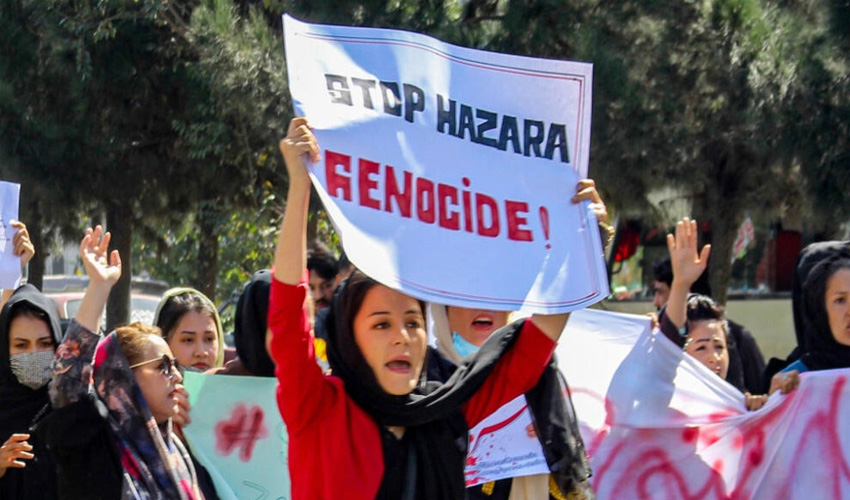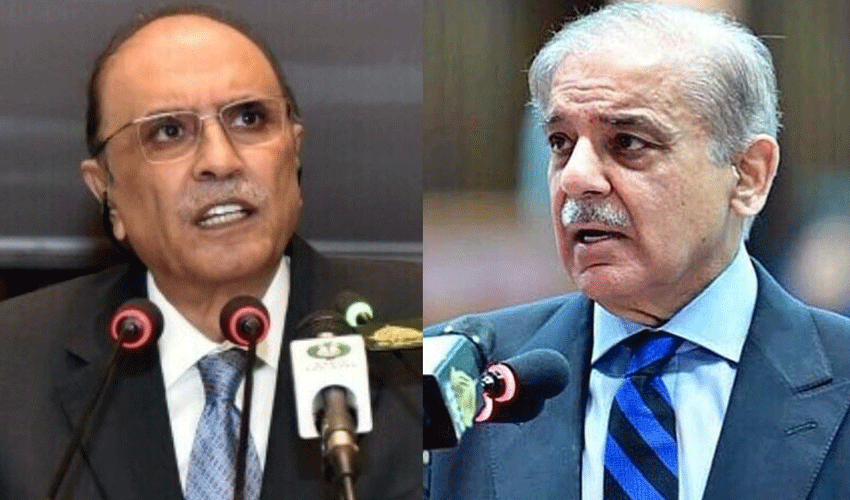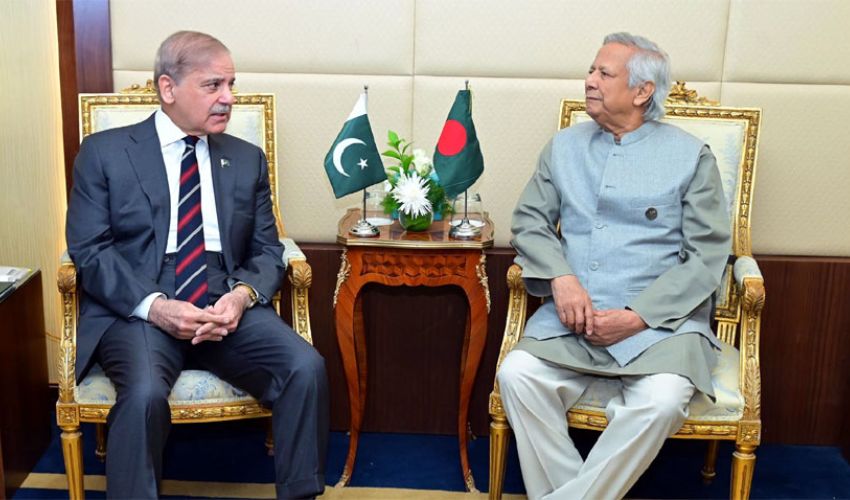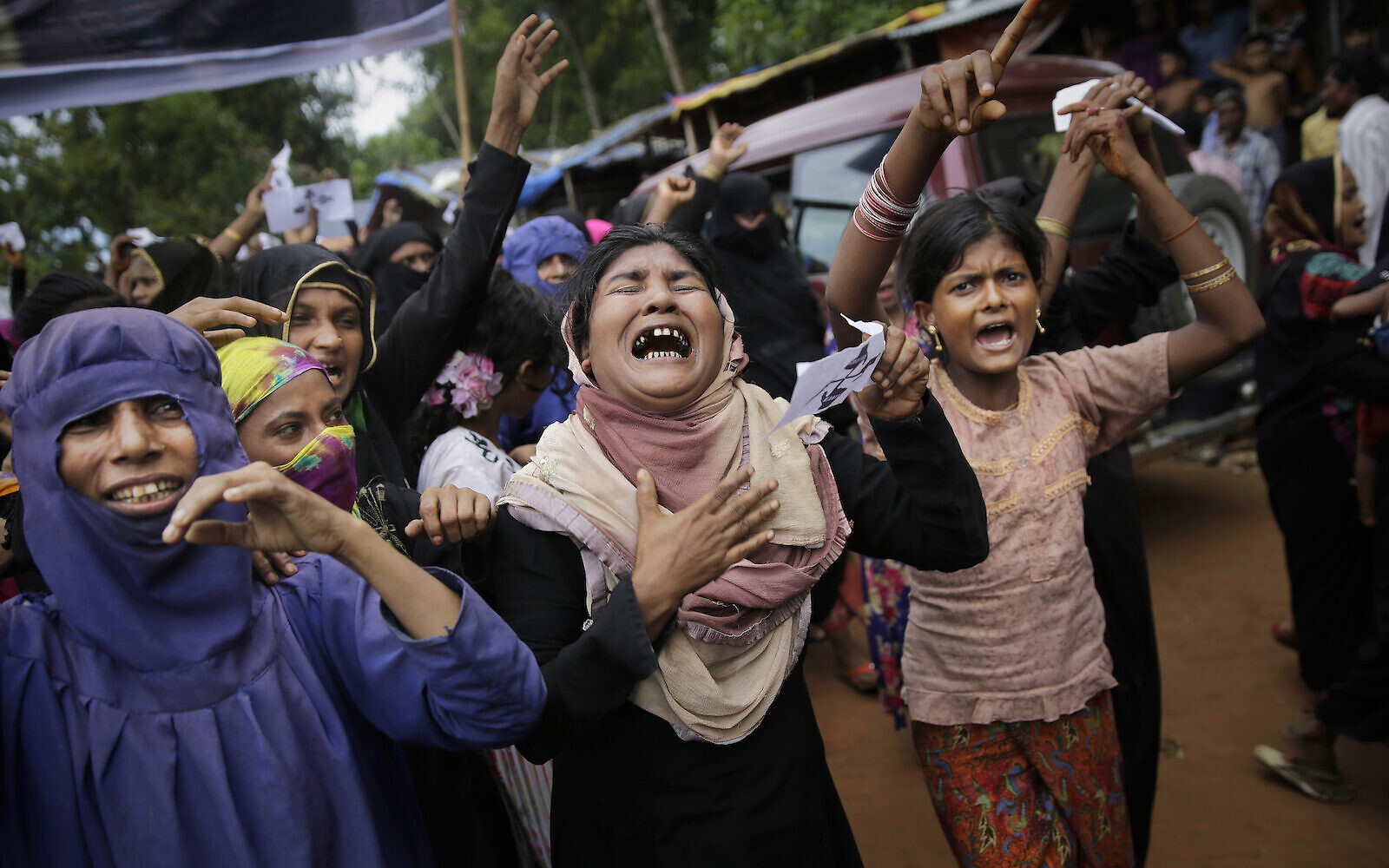In the wake of the Taliban's resurgence in Afghanistan, the Hazara community finds itself once again in the crosshairs of extremism, as highlighted by a recent report from Human Rights Watch.
The report sheds light on the dire situation faced by the Hazara minority, who have been subjected to relentless persecution and violence by both the Taliban and the Islamic State of Khorasan.
Since the Taliban seized power in Afghanistan, the Hazara community has been enduring a barrage of targeted attacks, with incidents ranging from suicide bombings to armed assaults on mosques and public transportation.
The Islamic State of Khorasan, notorious for its brutal tactics, has intensified its campaign of terror, leaving a trail of death and destruction in its wake.
Recent atrocities against the Hazara community include a deadly attack on worshippers at a Shia Hazara mosque in Herat province, where six people, including a child, were ruthlessly killed.
Moreover, a bomb planted in a Hazara community bus claimed another life and left ten others injured, further exacerbating the anguish and fear gripping the minority group.
The Islamic State of Khorasan's reign of terror has extended beyond Afghanistan's borders, as evidenced by the heinous attack on the Croix City Hall in Moscow, which claimed the lives of at least 143 individuals and injured numerous others.
Such barbaric acts underscore the urgent need for concerted international efforts to combat the scourge of terrorism and protect vulnerable communities.
Despite the escalating violence and bloodshed, the Hazara community has found little solace in the Afghan government's inability to provide adequate protection. The failure to safeguard the fundamental rights of minorities and civilians is not only a grave injustice but also a violation of international human rights standards.
The United Nations and other international organizations must step up their efforts to address the plight of the Hazara community and other vulnerable minorities in Afghanistan.
Practical measures should be taken to prevent further atrocities and ensure the safety and security of all civilians. Deliberate attacks on civilians constitute war crimes and demand accountability to prevent future atrocities and pave the way for lasting peace and stability in Afghanistan.



























